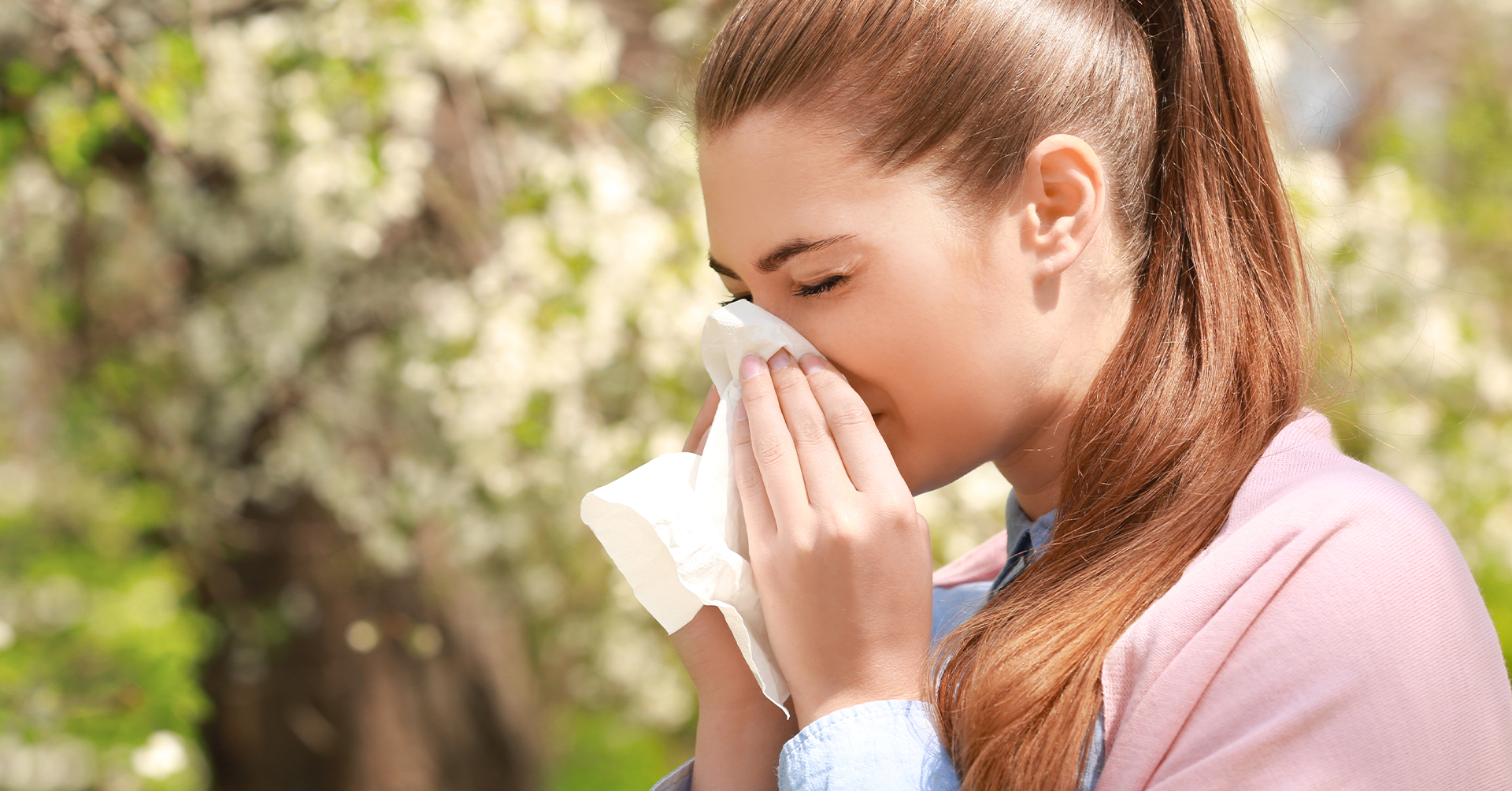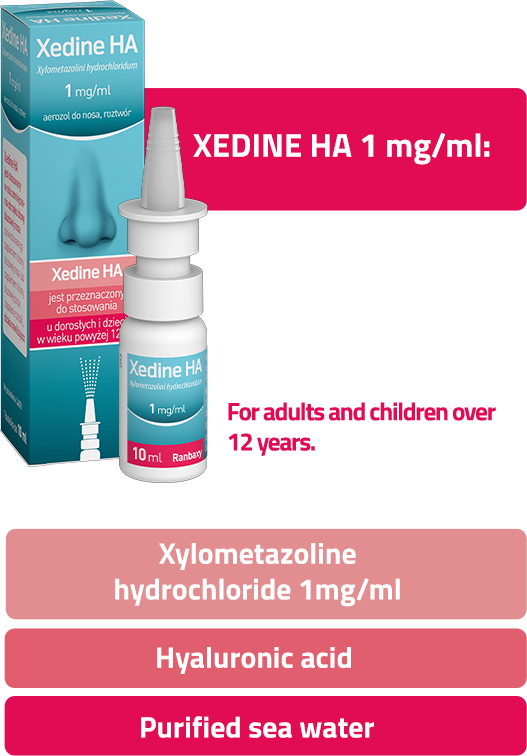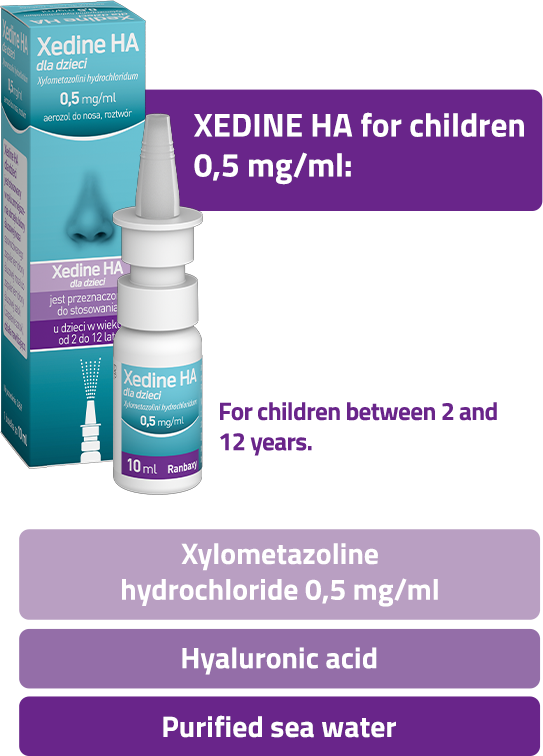The first approach in managing seasonal or perennial forms of allergic rhinitis should be to avoid allergens that trigger symptoms, making changes in the home and behavior:
 |
Keep windows and doors closed as often as possible during the allergic season and try to spend more time at home. |
 |
Avoid exercising outdoors in the early morning. |
 |
Take a shower immediately atfer you come from outside. |
 |
Cover your nose and mouth while performing yard work. |
 |
Try not to gather the leaves and not mow the lawn. |
 |
Remove carpets from the bedroom if you are concerned about dust mites. |
 |
Wear glasses or sunglasses when outdoors to prevent pollen from entering the eyes. |
 |
Use “mite-resistant” bed covers and a dehumidifier to control mold. |
 |
Avoid using fans that can attract pollen and mold into the house. |
 |
Do not hang clothes outdoors to dry; pollen can cling to towels and sheets. |
 |
Try not to rub your eyes; this will irritate them and may make your symptoms worse. |
 |
To limit exposure to mold, keep the humidity in the house low (between 30-50%) and regularly clean the bathrooms, kitchen and floor. |
 |
Clean the floors with a damp cloth or mop. |
 |
Wash your hands immediately after touching any animal; wash your clothes atfer visiting friends who have pets. |

offers an optimal solution in nasal congestion, for the whole family.
This site is a product presentation site. For proper treatment and complete information, please consult your doctor or pharmacist.


